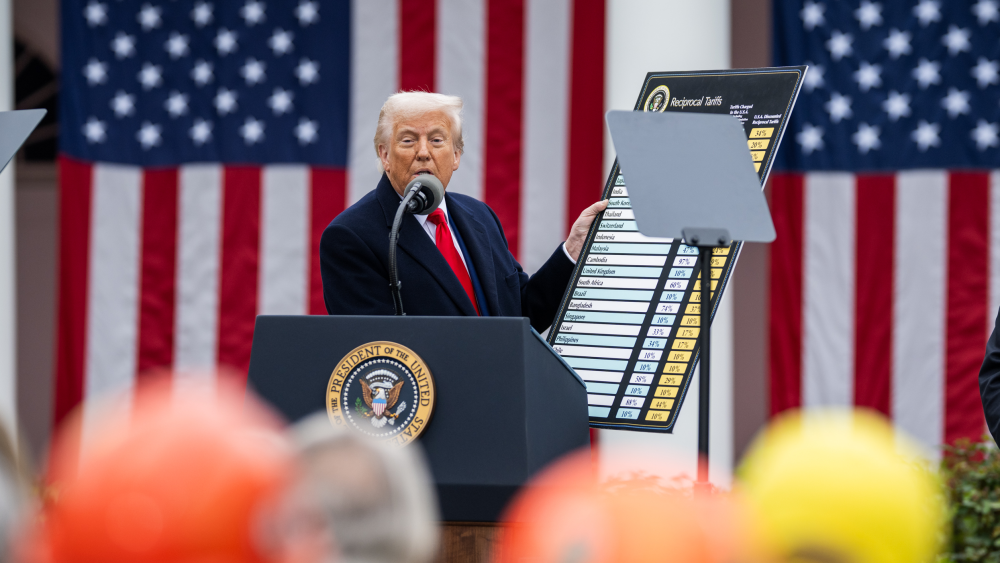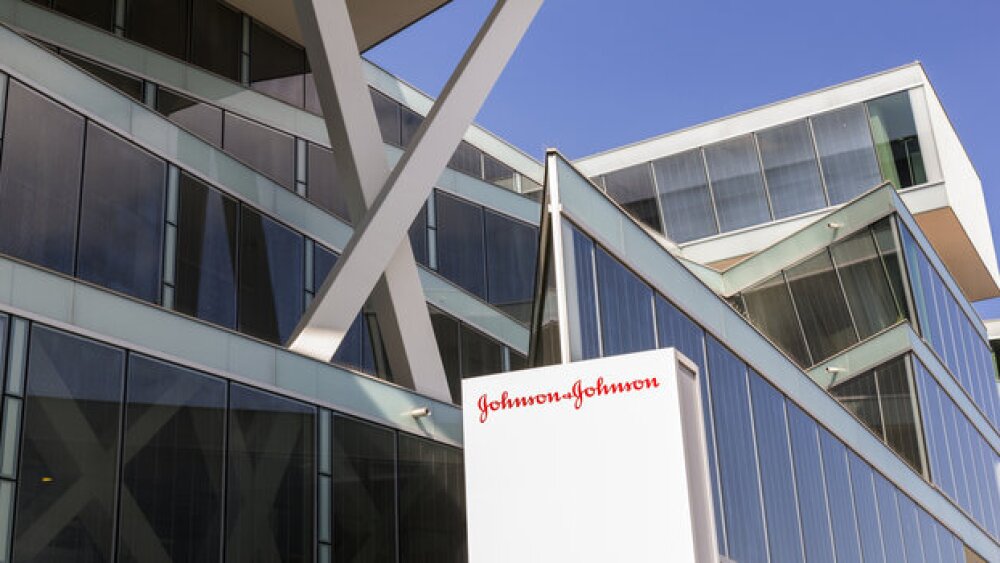REDWOOD CITY, Calif.--(BUSINESS WIRE)--
Codexis, Inc. (Nasdaq: CDXS), a leading developer of biocatalysts for the pharmaceutical and fine chemical industries, announces the filing of a lawsuit against EnzymeWorks and its founder, Junhua “Alex” Tao, for willful patent infringement, misappropriation of trade secrets, breach of confidence, and other claims. The suit was filed as Case No. 3:16-cv-00826-BLF in the United States District Court, Northern District of California on February 19, 2016.
The Codexis lawsuit alleges that Tao gained access to Codexis’ intellectual property when he participated in a Codexis collaboration while he was an employee at one of the world’s leading pharmaceutical companies. At that time, Codexis and Tao’s employer were working on the joint development of proprietary enzymes for use in the manufacturing of some of the partner’s pharmaceutical products. After leaving that company, Tao ultimately founded EnzymeWorks, setting up facilities in China and San Diego. At EnzymeWorks, according to the lawsuit, he began to make exact duplicates of Codexis’ patented enzymes and began using Codexis’ trade secret biomaterials. Tao then went on to sell these “copycat” products to Codexis’ customers and to other customers at reduced prices.
“EnzymeWorks and Tao have made and sold identical copies of Codexis’ proprietary enzymes and plasmids as a way to shortcut their way into an important and growing market,” said John Nicols, CEO and President of Codexis. “Codexis undertakes litigation rarely and reluctantly, but this form of blatant disrespect for intellectual property harms not only our business and ultimately our shareholders, but also our customers, who, like Codexis, rely on intellectual property rights to protect their businesses and products.” According to the lawsuit, “Tao betrayed the trust Codexis placed in him and built EnzymeWorks upon an infected foundation of trade secret theft and other business torts, the brazen copying of Codexis’s engineered enzymes, and the widespread and sweeping willful infringement of numerous Codexis patents.”
In the lawsuit, Codexis identifies 10 separate U.S. patents that are willfully infringed by EnzymeWorks. A number of EnzymeWorks’ products are 100 percent exact molecular copies of Codexis’ patent-protected enzymes. Because these enzymes are typically hundreds of amino acids long, it is statistically impossible that EnzymeWorks coincidentally arrived at these products on its own. Codexis has a portfolio of more than 850 patents and patent applications worldwide.
The lawsuit also identifies the misappropriation of trade secrets related to Codexis’ high-performing plasmid, which is a proprietary technology that Codexis uses to develop and produce its engineered enzymes. The selection, arrangement, and sequence of the DNA in this plasmid had been a Codexis trade secret.
Codexis is seeking an injunction to stop EnzymeWorks’ and Tao’s infringement and other illegal conduct, enhanced monetary damages, and a full recovery of its attorneys’ fees in its lawsuit against Tao and EnzymeWorks.
About Codexis, Inc.
Codexis, Inc. is a leading developer of biocatalysts for pharmaceutical and fine chemical production. The company’s patent portfolio includes more than 850 patents and patent applications worldwide that cover its novel enzymes and proprietary methods for engineering new enzymes and other proteins. Codexis’ proven technology enables implementation of biocatalytic solutions to meet customer needs for rapid, cost-effective and sustainable manufacturing. For more information, see www.codexis.com.
Forward-Looking Statements
This press release contains forward-looking statements relating to the lawsuit that Codexis filed against EnzymeWorks and Junhua “Alex” Tao for patent infringement, misappropriation of trade secrets, and other claims. You should not place undue reliance on these forward-looking statements because they involve known and unknown risks, uncertainties and other factors that are, in some cases, beyond Codexis’ control and that could materially affect actual results. Factors that could materially affect actual results include that EnzymeWorks and Junhua “Alex” Tao may file counterclaims against Codexis; Codexis may be involved in additional lawsuits to protect or enforce its patents or other rights, which could be expensive, time-consuming and unsuccessful; Codexis’ ability to compete may decline if it does not adequately protect its proprietary technologies or if it loses some of its intellectual property rights; Codexis may not be able to enforce its intellectual property rights throughout the world; if Codexis’ biocatalysts, or the genes that code for its biocatalysts, are stolen, misappropriated or reverse engineered, others could use these biocatalysts or genes to produce competing products; third parties may claim that Codexis is infringing their intellectual property rights or other proprietary rights, which may subject Codexis to costly and time-consuming litigation and prevent Codexis from developing or commercializing its products; and confidentiality agreements with employees and others may not adequately prevent disclosures of trade secrets and other proprietary information. Additional factors that could materially affect actual results can be found in Codexis’ Annual Report on Form 10-K filed with the Securities and Exchange Commission (“SEC”) on March 6, 2015, including under the caption “Risk Factors,” and in Codexis’ Quarterly Reports on Form 10-Q filed with the SEC on May 7, 2015 and on November 6, 2015. Codexis expressly disclaims any intent or obligation to update these forward-looking statements, except as required by law.
View source version on businesswire.com: http://www.businesswire.com/news/home/20160222005806/en/
- Company Legal & Law Matters
- intellectual property
- Codexis
Abernathy MacGregor Group
Heather Wilson, 415-926-7961
haw@abmac.com
or
Joe Hixson, 213-630-6550
jrh@abmac.com
or
Investors
LHA
Jody Cain, 310-691-7100
jcain@lhai.com




